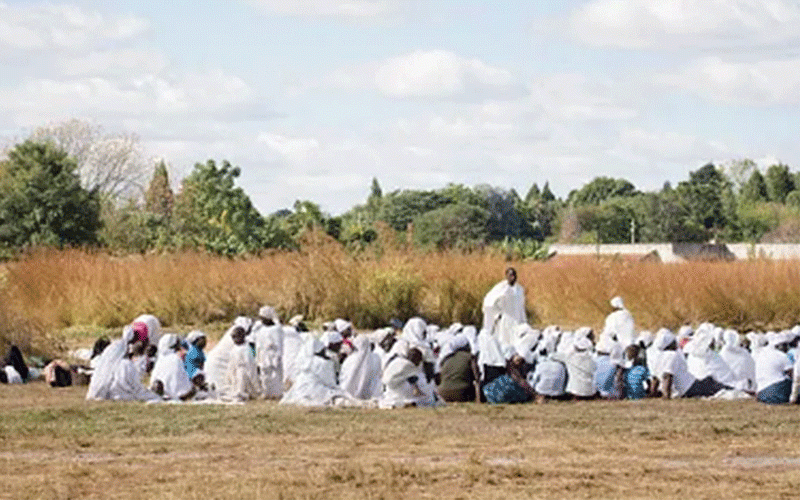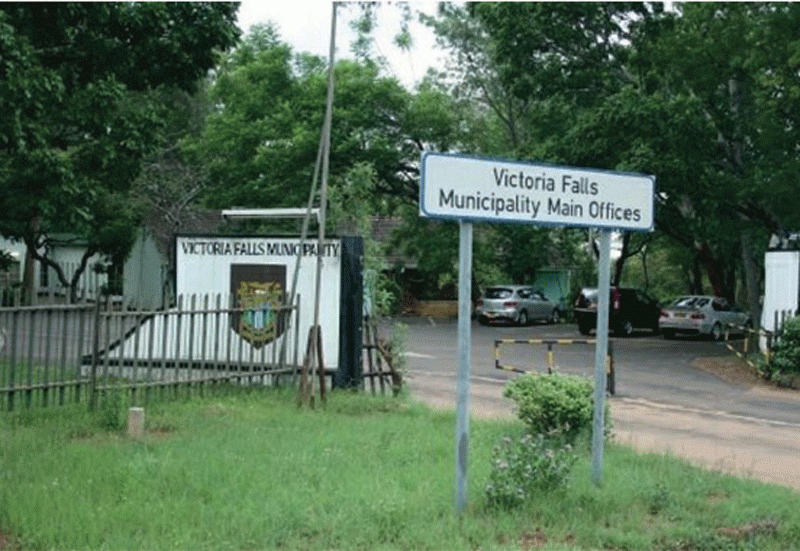CURRENT liabilities at the listed multi-asset resource outfit, RioZim, barrelled over current assets by $13 billion during the half-year to June 30, 2022, financial statements showed, as terrified authorities feared the firm could collapse.
Firms sitting on higher current liabilities than assets sweat over working capital – the liquidity that managers require to fund day-to-day operations.
Negative working capital profiles represent the most elaborate signs that things might be spiralling out of control, and executives always work round the clock to avoid liquidity strife.
The results, published yesterday, confirmed fears of a drastic deterioration of operations at RioZim which saw a trade union file a plea with multiple regulators to tie the miner under administration before troubles escalate.
The Zimbabwe Diamond Mineral and Allied Workers Union (Zdamwu), complained that for too long, RioZim workers had lived on a promise that their plight would be addressed, but it appeared the firm was sinking deeper into abyss.
But it is exactly a decade after RioZim slipped into far more problems, highlighted by high gearing.
Keep Reading
- RioZim faces corporate rescue
- RioZim blames RBZ for operational woes
- Shareholders pump $19bn into troubled RioZim
- RioZim bans Decent Work commemorations
It was eventually rescued by the Reserve Bank of Zimbabwe, which established Zimbabwe Asset Management Corporation to mop up toxic debts across industries and save troubled firms.
Yesterday, RioZim chairperson Saleem Rashid BeebeeJaun said they moved to shut down an old gold mine that had been bleeding for ages and suspended operations at another, as it reported plummeting output across its gold and diamond assets. He tried to give an optimistic outlook even as losses hit $5,4 billion.
“As at the reporting date, the group’s current liabilities exceeded current assets by $13,1 billion,” BeebeeJaun said, noting that this figure was $2,7 billion six months earlier.
“The group reported a net loss for the period of $5,4 billion (June 2021 $1,5 billion). The group’s gold production for the period was subdued as operations were significantly impacted by suspension of operations at Dalny Mine and One Step operations which negatively affected production volumes at Dalny and Cam & Motor Mine respectively,” he said.
“These factors ordinarily indicate the existence of a material uncertainty on the group’s ability to continue as a going concern and that it may be unable to realise its assets and discharge its liabilities in the normal course of business.”
Production at Renco Mine fell by 37% due to severe power challenges during the quarter.
At Dalny Mine, operations were suspended for a six-month period, hitting at gold output, while at Cam & Motor Mine, RioZim focused on resumption of mining.
Mining activities at One Step mine were suspended during the period.
In its demand last week, (Zdamwu) said after watching operations at RioZim deteriorate, it had been left with no option but to invoke relevant legislation in order to save workers.
It said RioZim was in financial dire straits, and unable to meet its obligations.
Corporate rescue involves facilitating the rehabilitation of a company that would have hit crisis point.
RioZim controls some of the country’s best-known mines, including Cam & Motor Mine, Renco Mine, Empress Nickel Refinery, Murowa Diamonds and Dalny Mine.
“Our members have reached a stage where they are initiating a process of applying for the placement of RioZim and all its subsidiaries under corporate rescue in terms of the Insolvency Act,” the letter read in part.
“It has become very clear to the affected workers and other stakeholders' including the union that the organisation is in financial distress. Workers for two years were made to understand that the Biox plant is going to be a game-changer for everyone. Months down the line after the commissioning of the Biox plant, things have gone from bad to worse.”
“Lower level workers have lost employment and the community of Chakari where Dalny Mine was operating is now in darkness because Zesa switched off the whole community. The situation in the RioZim group points to lack of strategic direction,” the union said.
It added that RioZim workers and other stakeholders shared the same view.
“There is great variance on workers welfare and the extravagance on the part of the shareholders. We have lost confidence in the shareholders of the company and its management,” the workers’ representatives wrote.
“Workers have been living in abject poverty and facing hardships under the watch of the current management who have failed to find lasting solutions to all the problems that affect parties to an employment contract.”
- Follow us on Twitter @NewsDayZimbabwe





